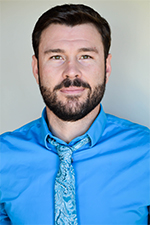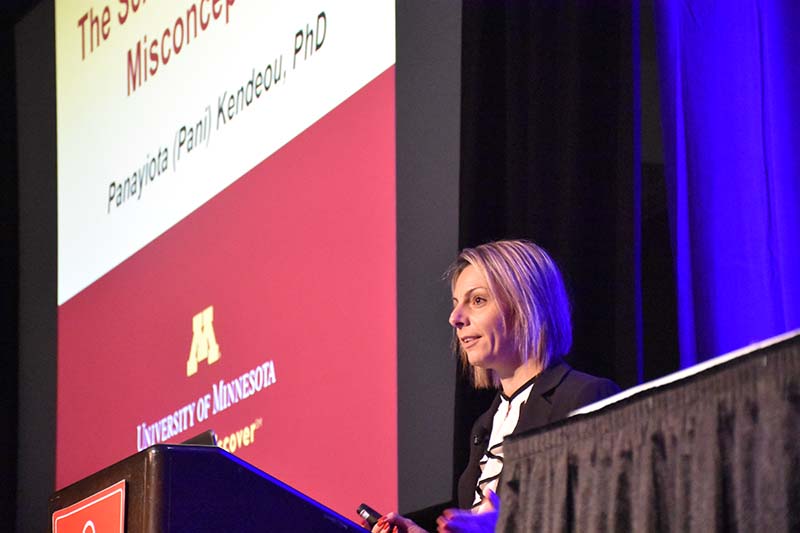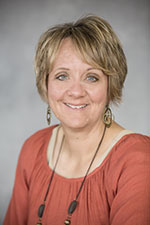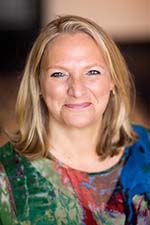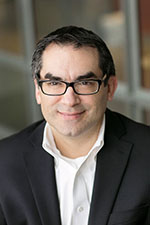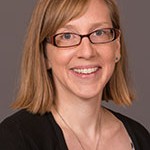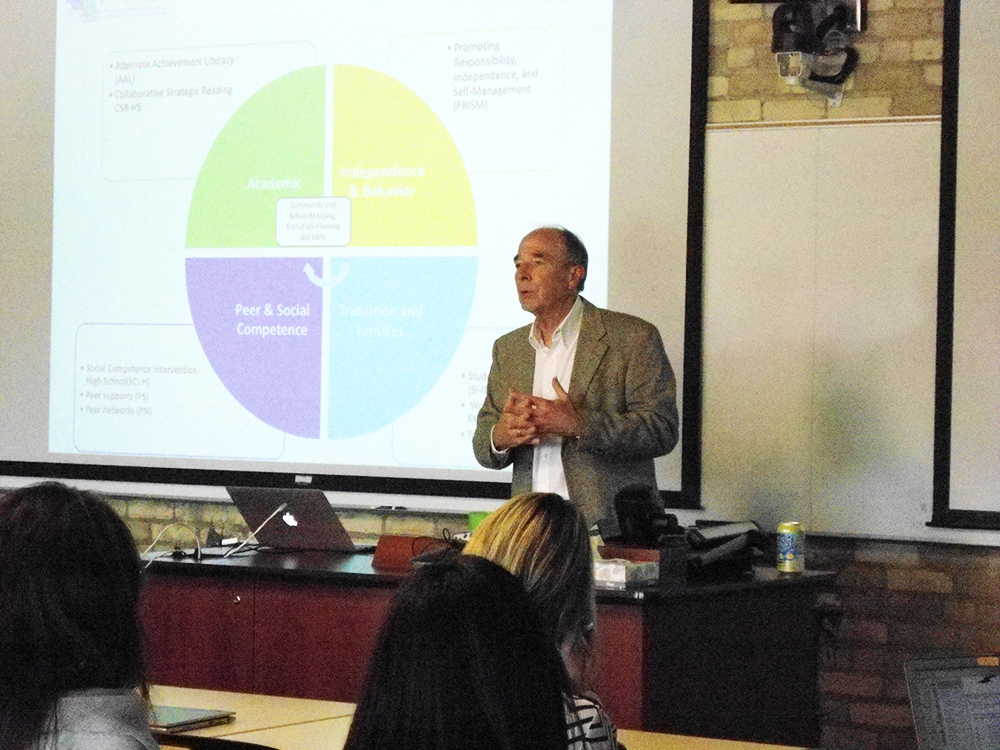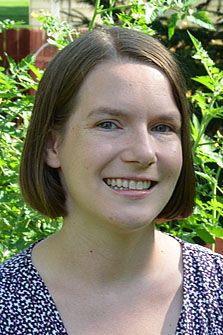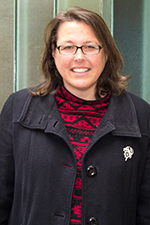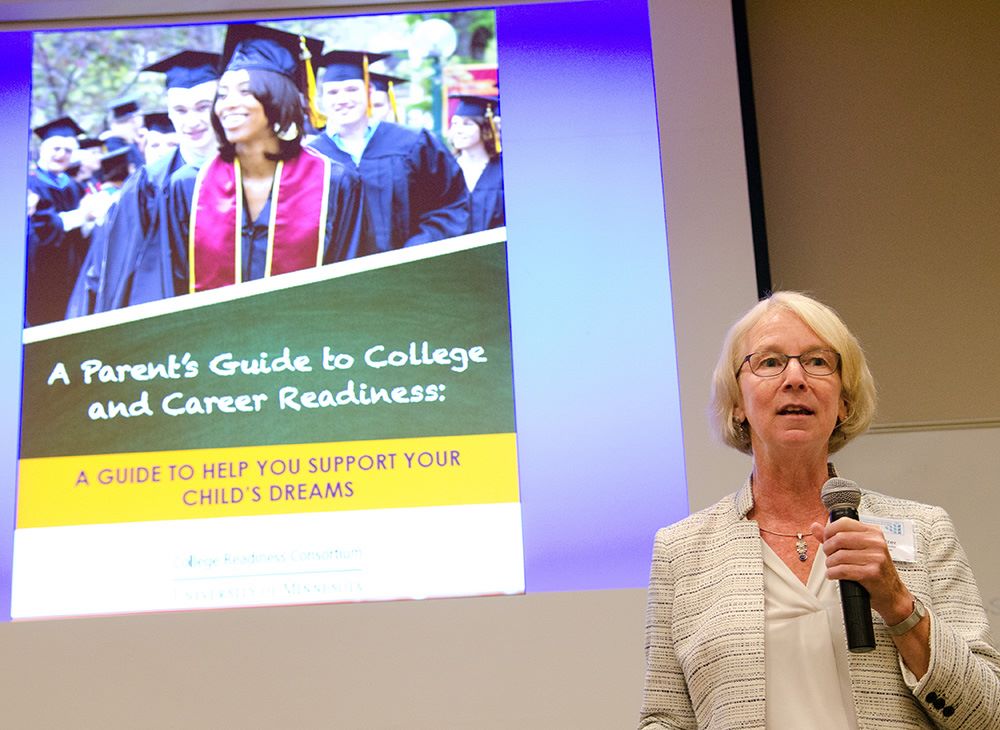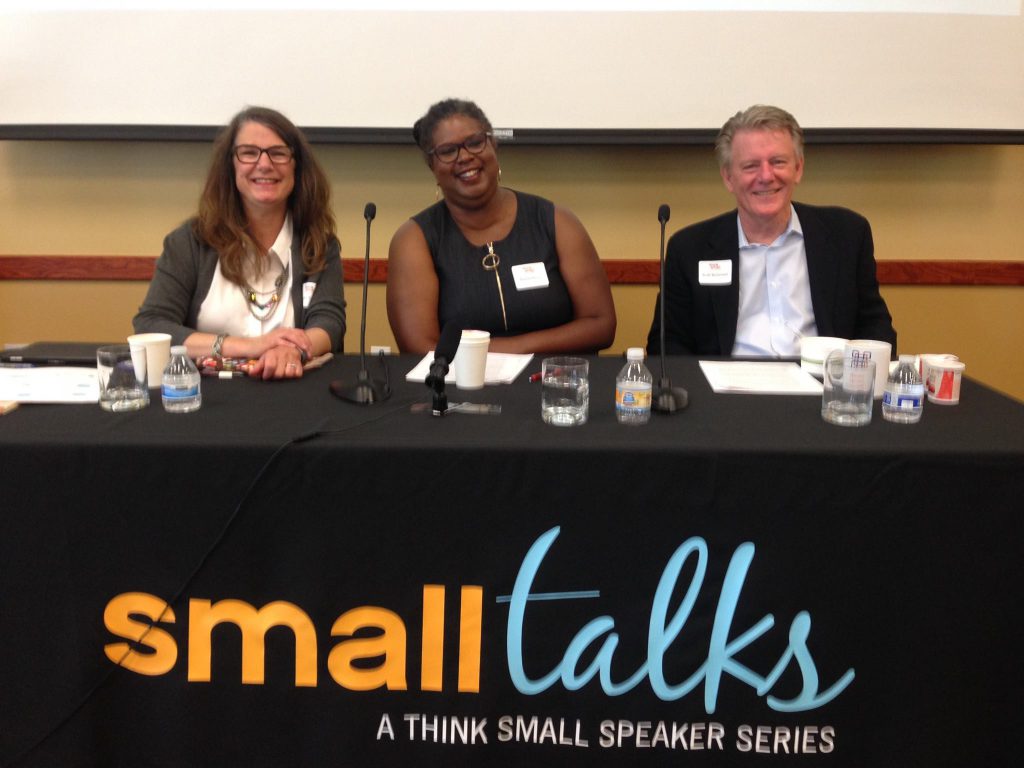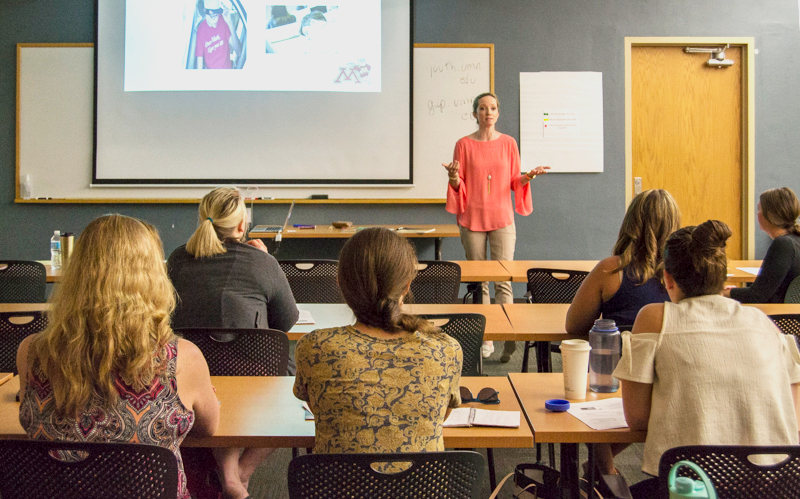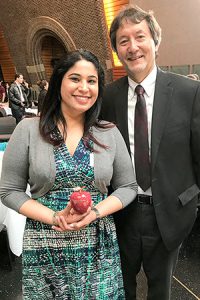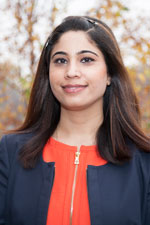Dear Educational Psychology students, staff, and faculty,
Welcome newcomers and welcome back to those of you who are returning members of our community. As we welcome you back, we feel it is important to recognize the turbulent times in which we live. These times challenge us all to become better people.
To begin, we affirm University President Kaler’s statement on August 17, 2017: “We support President Teresa Sullivan and the entire University of Virginia community, and we offer our sympathy to the families of those killed and those injured. Let it be perfectly clear that at the University of Minnesota there is no place for hate, we do not tolerate bigotry, and we denounce in the strongest terms the racist and anti-Semitic message of white supremacy.” Further, we denounce any discrimination on the basis of race, color, national origin, religion, sex, sexual identity, disability, or age.
At our faculty retreat earlier this week, we shared a story that we found in a book we were reading, and share it here, for it encourages us to consider what we need to do to be a safe and inspiring place.
“One evening a Native American elder told his grandson about a battle that goes on inside people. He said, “My son, the battle is between two ‘wolves’ inside us all. One is anger, envy, jealousy, sorrow, regret, greed, arrogance, self-pity, guilt, resentment, inferiority, lies, false pride, and superiority. The other is joy, peace, love, hope, serenity, humility, kindness, benevolence, empathy, generosity, truth, and compassion.”
The grandson thought about it for a minute and then asked his grandfather, “Which wolf wins?”
The elder simply replied, “The one you feed.”
It is with a spirit of respect and gratitude that we welcome you and the diverse views, experiences, and backgrounds that we collectively bring to our community. We are happy to have each of you with us this year, and hope that collectively we can feed the right wolf.
The faculty and staff of the Educational Psychology department have spent the past year closely examining our values. Our top three values are reflected in the College of Education and Human Development’s first three goals:
- To provide a transformative student experience for success in a global society.
- To intensify efforts to be a diverse, inclusive, and equitable college.
- To generate, translate, and disseminate groundbreaking research in areas of high societal need.
Our expectation is that, as members of the Educational Psychology department community, each of us will make every effort to live our values and achieve these goals in our work and in our interactions with others. In particular, we want our culture to be one in which everyone is respectful of others’ views, experiences, and backgrounds, for undoubtedly some will hold views different from our own. Hate speech and related micro-aggressive behaviors have no place amidst respectful exchanges of ideas; they are inconsistent with the Department’s values and contrary to the College’s goals. We expect our community to be a safe harbor from uncivil discourse and behavior.
The recent tragic events in Houston remind us of our common humanity, and provide a model where differing views are irrelevant. If we can remember the common humanity displayed in Houston, perhaps we will be better able to accept and learn from those with whom we disagree. Our community shares a love for learning. Each of us has something to learn as well as something to share. So let us choose to share our stories, explore varied perspectives, be enriched by our differences, and go forward together to achieve our individual and collective goals.
Warmly,
Geoff Maruyama, Ph.D. Jennifer J. McComas, Ph.D.
Professor and Chair Professor and Associate Chair
